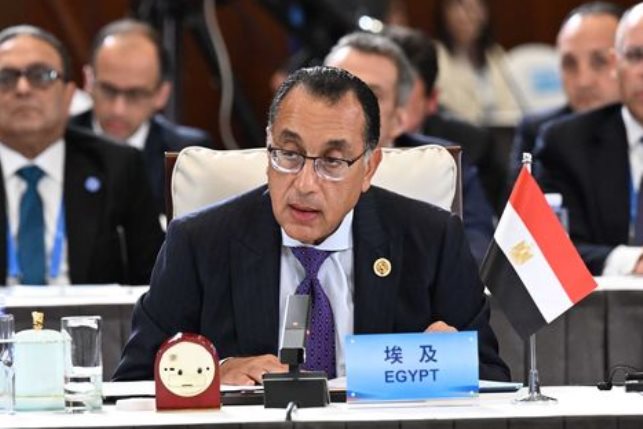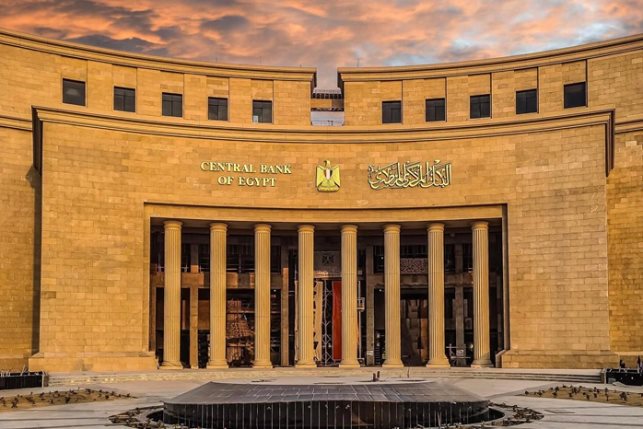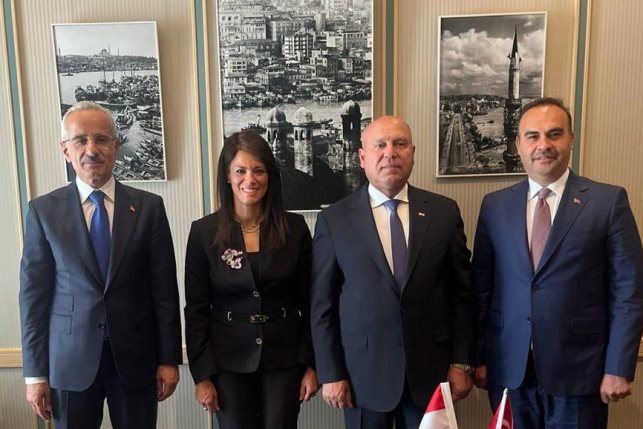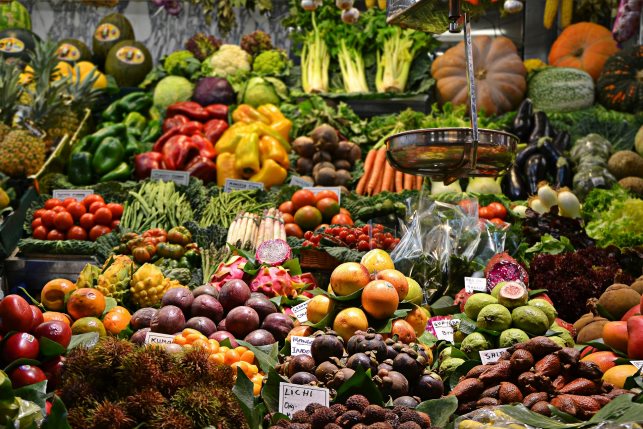Exclusive | geopolitical strategist Dauba-Pantanacce on Egypt’s trade potential as investor confidence improves
From disruptions to Suez Canal revenues and tourism to the complexities of regional conflicts, Egypt has navigated through what Philippe Dauba-Pantanacce describes as a “perfect storm.”

From disruptions to Suez Canal revenues and tourism to the complexities of regional conflicts, Egypt has navigated through what Philippe Dauba-Pantanacce describes as a “perfect storm.”
“Egypt has had its challenges, but Egypt is too important for the international community at large… geopolitically, it is a key [player] in the middle of a complicated region,” explained Dauba-Pantanacce, Senior Economist and Global Geopolitical Strategist at Standard Chartered Bank (StanChart), in an exclusive interview with Business Today Egypt.
Dauba-Pantanacce highlighted the significant impact of these conflicts on Egypt's key revenue sources, noting that the country has previously shown resilience amidst similar issues post-Arab Spring. He also emphasized that stabilizing conflicts could restore crucial revenue streams for Egypt.
Positively, the perception among investors is that Egypt has managed to weather these challenges, he explained to BT on the sidelines of a media event in Cairo.
“It feels like Egypt has almost managed to withstand one of the worst tests that it could have gone through… and I think now, there's this perception among investors that the situation has stabilized”.
The economist suggested that as countries consider near shoring/friendshoring or relocating production facilities closer to home, Egypt's large population and consumer market could make it an attractive destination for the European continent.

In a world marked by fragmentation, Egypt may find opportunities to play a larger role in regional energy dynamics and supply chain restructuring amid Europe turning away from Russia for its energy needs, he told Business Today. Additionally, its proximity to Europe and abundant natural gas reserves could further enhance its appeal.
Trade and the Gulf Railway
Presented as an alternative to the Suez Canal, the Gulf Railway - a proposed railway system to connect all 6 GCC states – has caused some concern as the Suez Canal continues to handle new obstacles affecting traffic.
However, Dauba-Pantanacce argues that maritime trade cannot be substituted entirely, noting that while land routes may facilitate regional integration, the sheer volume and economic efficiency of maritime shipping make it unlikely for the land route to significantly replace maritime trade through the Suez Canal.
On the flip side, could the Gulf Railway have a positive impact on Egypt’s ambitious strategy for bolstering exports during President El-Sisi’s latest term?
The StanChart economist suggested that Egypt could have a significant opportunity with the railway’s establishment, with the development of the land route facilitating trade with neighboring Gulf countries, presenting new avenues for economic growth.
Considering Egypt's proximity to the GCC market, Dauba-Pantanacce sees potential for Egypt to become a significant production base for the Gulf.
In terms of production facilities, particularly in sectors like textiles and machinery, there's a noticeable gap, he explained, stressing on Gulf countries’ reliance on oil as oil-based economies.
“I believe that countries who are less blessed with [fewer natural resources] tend to compensate with industrial production. As with the case of Turkey, which is an interesting example to compare Egypt with, because in recent years, Turkey has become an increasingly important production base for Europe.”
By fostering connectivity via rail and land routes, the geopolitical economist believes that both Egypt and the GCC stand to mutually gain economically with the former’s potential to manufacture and export local products to its neighbors, bolstering regional trade and relations.





